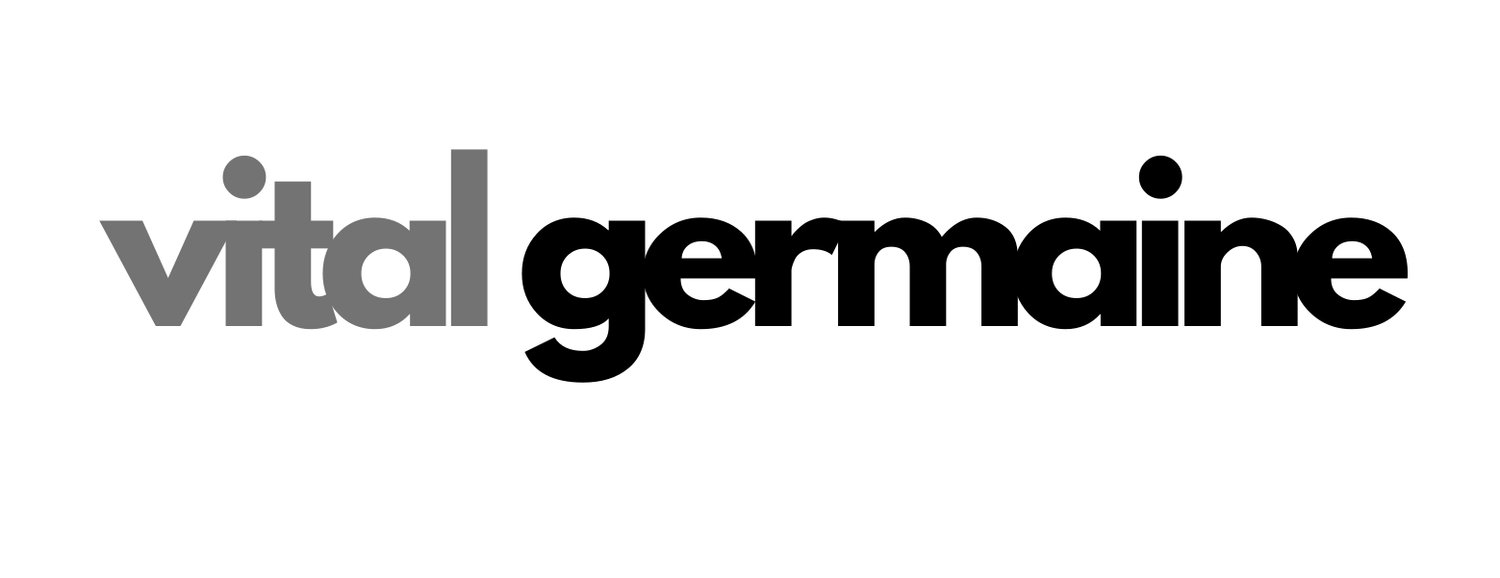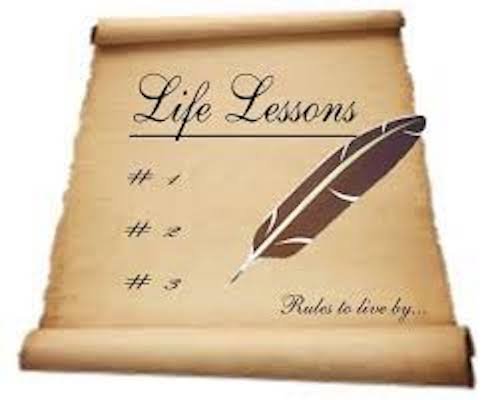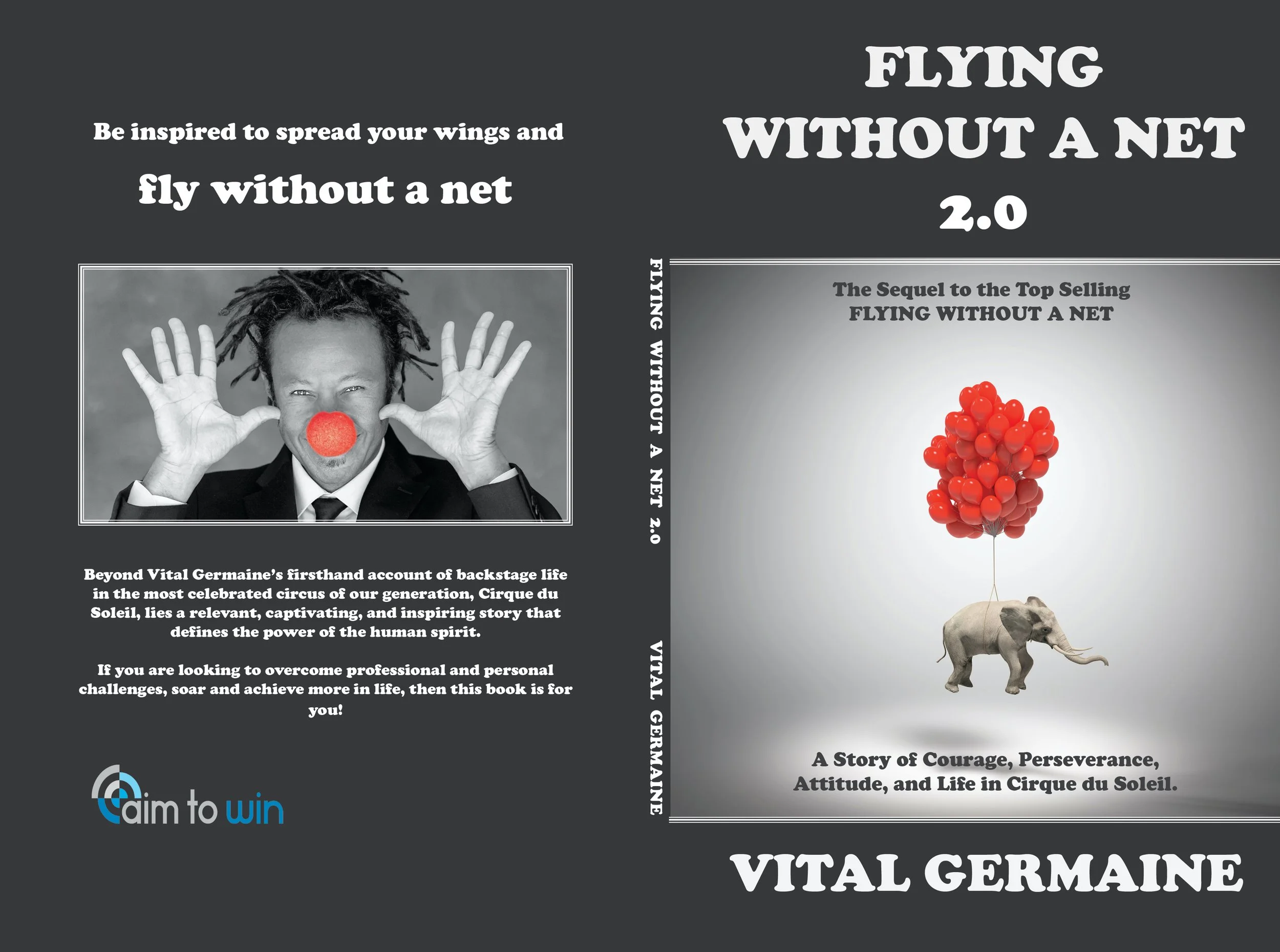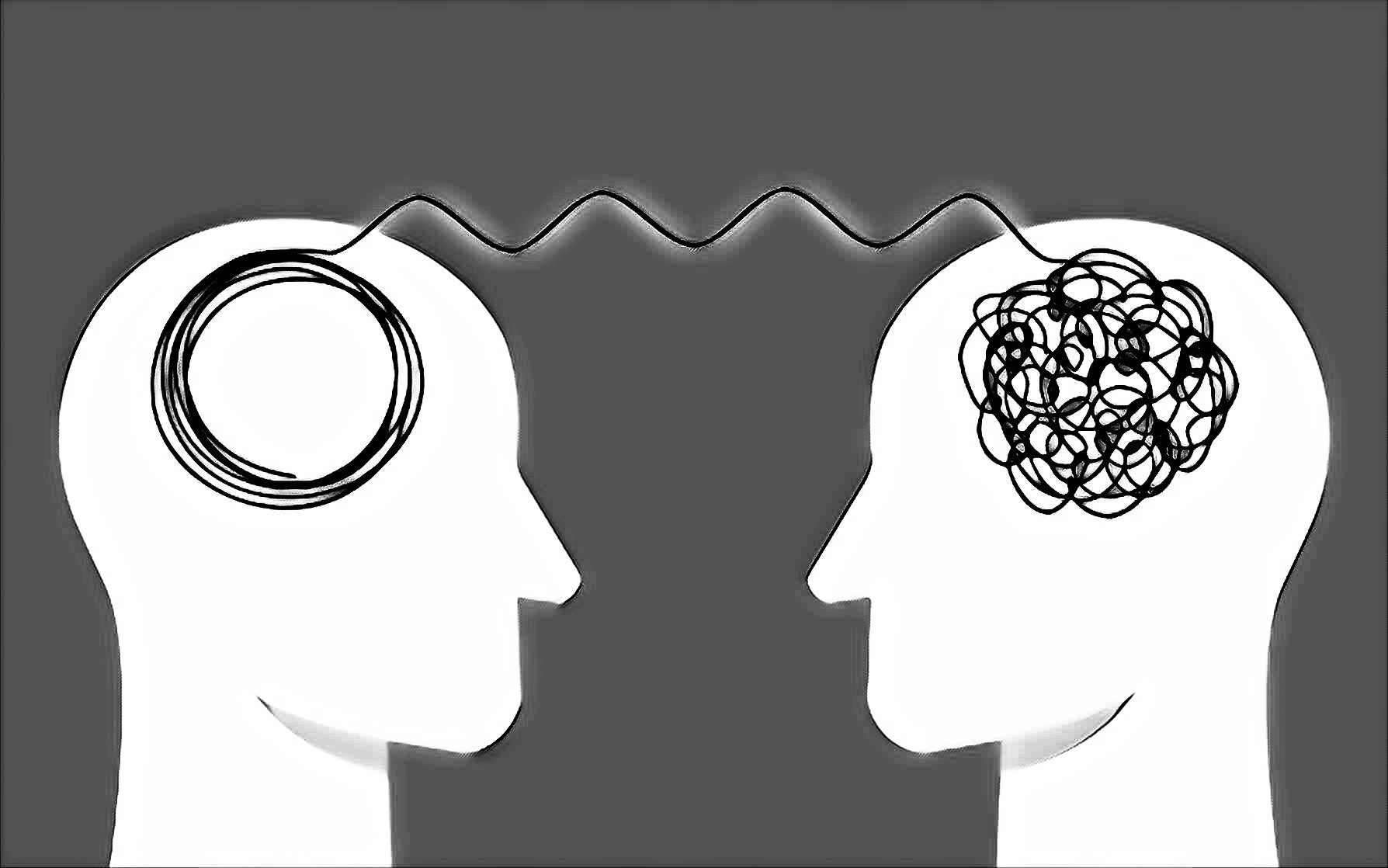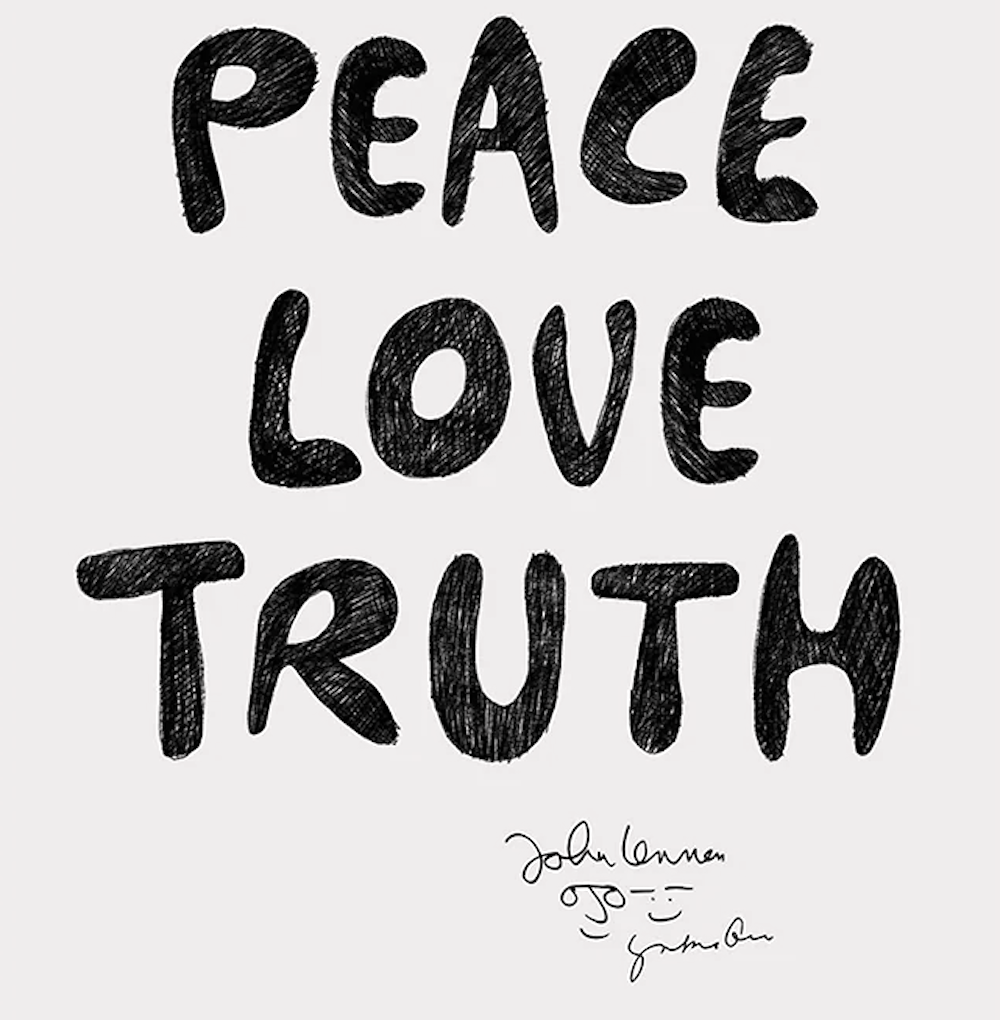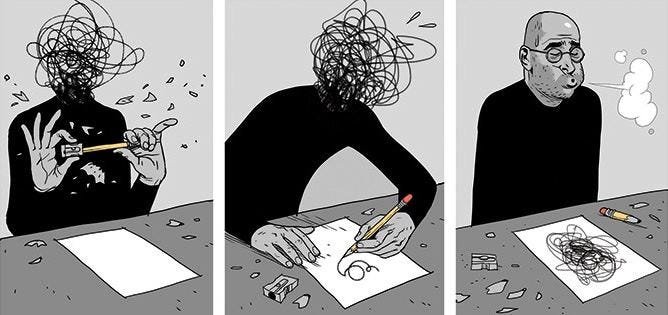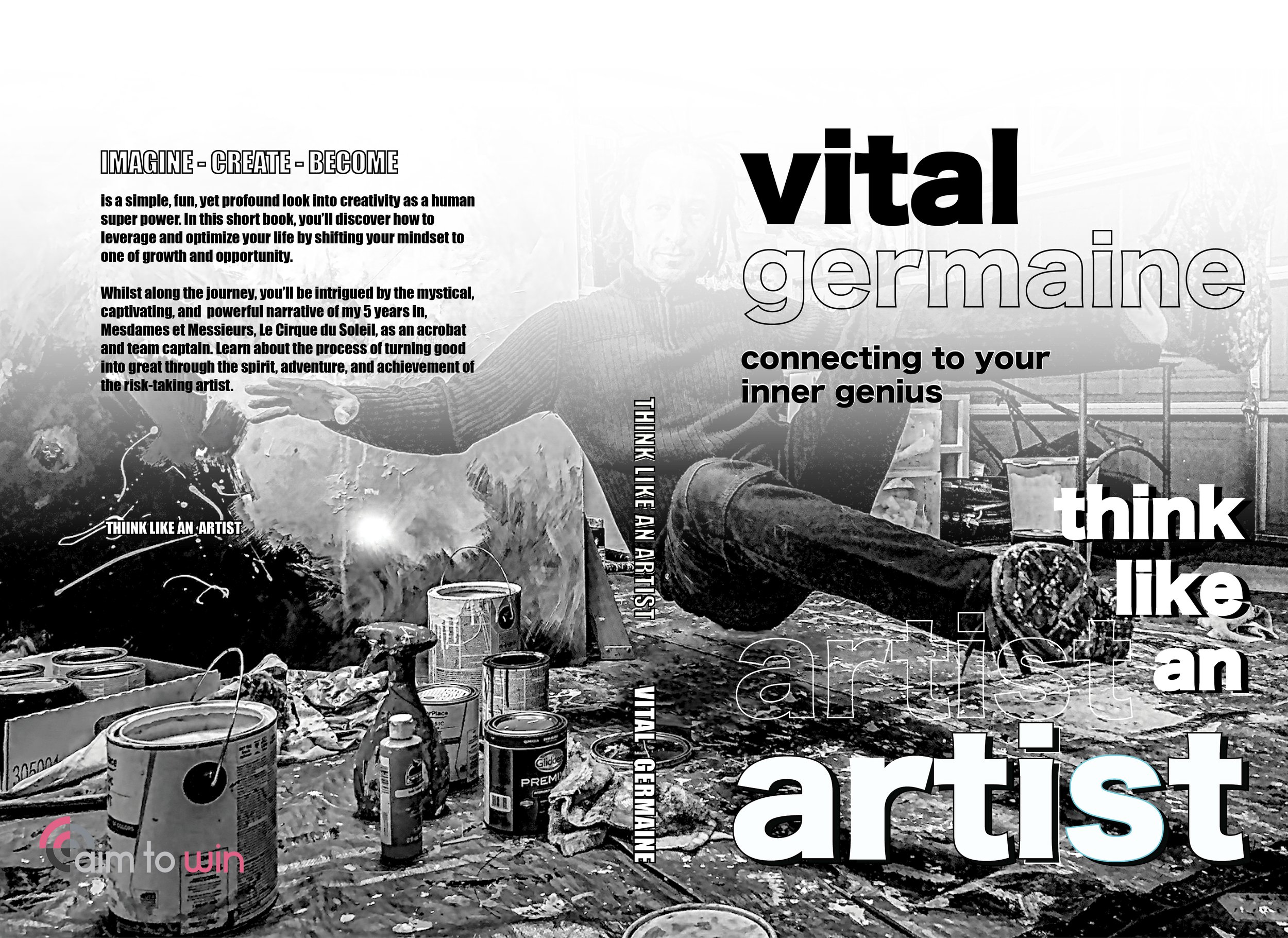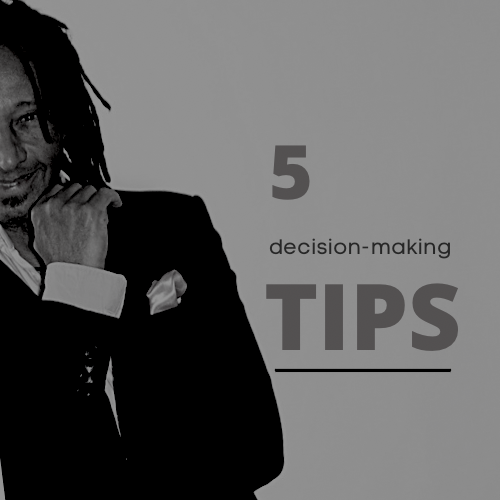Managing and Understanding Your Anger
/Anger is confusing! Toxic relationships breed anger, oftentimes fueled by ongoing disrespect. Should you be angered at disrespect or is your anger a negative, even toxic response?
Some “spiritual purists” will say that anger is bad, suggesting it means that you have relinquished your power to the other person who incited or evoked your anger. Or that anger is the sign of a non-enlightened person, victim to the human realm of darkness and doom because they are not enlightened.
So, now what?
Well, different theories appear from different factions of the human race, dependent on their belief systems, core values and biases, with neither being an absolute truth, because the human experience and any opinion on the vastness of existence and consciousness is speculation. “But the Bible says so.” “But scientists say it’s this.” Both have value and both are true if you believe in them. Not everybody does. So, truth is a multi-sided coin.
Nonetheless, when it comes to anger, it’s both “good” and “bad”.
Anger is good when it serves as a gauge or warning sign that your core values have been violated. Your anger is protecting you by inspiring an intense response to fight back and defend the essence of your character or protect something you love.
For those of you who pretend you are so enlightened you don’t get angry, I am calling BS. You simply get angry at different things but there is something out there that if it violated you, you would be “triggered” into anger for the sake of love or fear. Furthermore, you are a human, why not embrace this human experience designed to teach us what it means to be human, even if humanity is only a physical manifestation of spirit… with spirit potentially being immune to anger. But until, I transform back to spirit, I have no shame, guilt or regret at having human emotions… and neither should you.
Anger is bad, when you inflict pain, even revenge, on others. Even though it is a release of intense, and probably pent-up energy, if your emotions inflict unwarranted pain on others, then I view it as a negative. Your anger will have gotten the better of you. Losing control, though human is nonetheless, not recommended. Better to take a pause, a deep breathe and evaluate your options with a clear, yet angered mind, body and spirit. Anger usually impacts every aspect of our being… not just mindset.
Transmuting pain is how to truly control and leverage our anger. The hurt must be redirected into something that can harmlessly absorb our pained emotion: punching a bag, yelling into a pillow, running, dancing, art… the list is endless. In your emotional expression and purge, your are both protecting others and yourself as you heal.
Anger left untreated or unreleased is really the culprit to a negative reaction.
I do not promote self-love as it’s an invite to narcissim - I focus on selfcare through awareness (emotional intelligence - the ability to understand and manage your own emotions, as well as the emotions of others).
Through awareness and understanding of what your human experience is putting you through, (tracking the root cause of your inner pain) is the master of managing your anger. We often don’t dig deep enough to understand ourselves and our emotions. As a result, we quickly point the finger at the immediate victim or threat who perhaps only made us aware that we are carrying deep, hidden hurt, pain and resentment. If finding the source, we can begin to control and manage how we react and respond to everything and anything that happens to us or around us. What happens next, despite your humanness, is always a choice. We are forever empowered to make that choice.
In closing, anger is your friend if, and when you choose to make it so. Lose control, and it becomes your enemy, impacting your emotional, mental, spiritual, intellectual and physical state.
